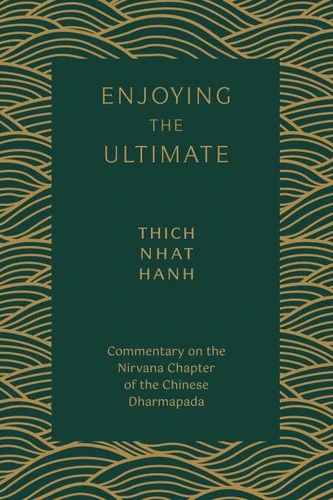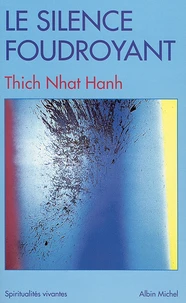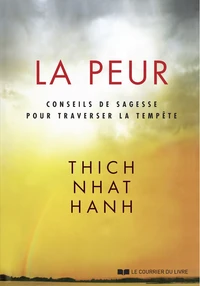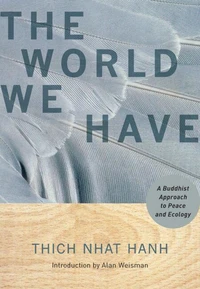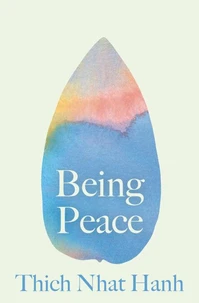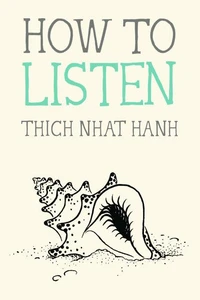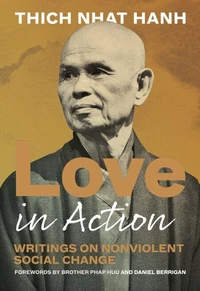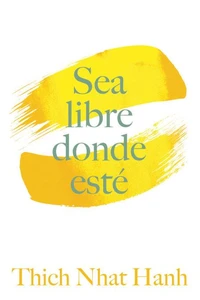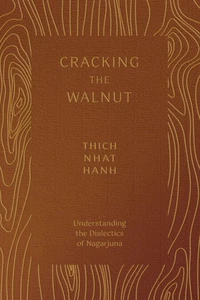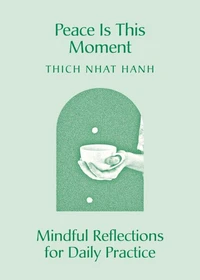Enjoying the Ultimate. Commentary on the Nirvana Chapter of the Chinese Dharmapada
Par : ,Formats :
Disponible dans votre compte client Decitre ou Furet du Nord dès validation de votre commande. Le format ePub protégé est :
- Compatible avec une lecture sur My Vivlio (smartphone, tablette, ordinateur)
- Compatible avec une lecture sur liseuses Vivlio
- Pour les liseuses autres que Vivlio, vous devez utiliser le logiciel Adobe Digital Edition. Non compatible avec la lecture sur les liseuses Kindle, Remarkable et Sony
- Non compatible avec un achat hors France métropolitaine
 , qui est-ce ?
, qui est-ce ?Notre partenaire de plateforme de lecture numérique où vous retrouverez l'ensemble de vos ebooks gratuitement
Pour en savoir plus sur nos ebooks, consultez notre aide en ligne ici
- Nombre de pages192
- FormatePub
- ISBN978-1-946764-83-6
- EAN9781946764836
- Date de parution21/09/2021
- Protection num.Adobe DRM
- Taille1 Mo
- Infos supplémentairesepub
- ÉditeurPalm Leaves Press
Résumé
For Buddhists seeking perfection, the Sanskrit word "nirvana" is held as the unreachable goal. But in this definitive, direct translation of the Chinese Dharmapada by Zen Master Thich Nhat Hanh, nirvana is not what you think it is."Nirvana is our daily business, " Thich Nhat Hanh says. Based on talks given in his home monastery of Plum Village in France at the peak of his long teaching career, The Nirvana Chapter conveys Thich Nhat Hanh's insights on the 36 verses on nirvana in the Chinese Dharmapada.
Described there as "the absence of notions that cause suffering, " we discover that nirvana can be experienced at any time. Previously unavailable in English, these teachings on the experiential path which can help us touch nirvana are an "instant classic" for Buddhists and meditation practitioners. With his fluency in Classical Chinese and his knowledge of Sanskrit and Pali, Thich Nhat Hanh is the perfect guide to lead the way to a new understanding of nirvana for an international audience.
Through his commentary, ranging freely in his vast knowledge of Vietnamese Buddhist history, we gain a master practitioner's view of a tradition of Zen Buddhism that has been, until now, inaccessible to Western students. We also gain insights into the elusive "space outside of space" of nirvana's ultimate dimension.
Described there as "the absence of notions that cause suffering, " we discover that nirvana can be experienced at any time. Previously unavailable in English, these teachings on the experiential path which can help us touch nirvana are an "instant classic" for Buddhists and meditation practitioners. With his fluency in Classical Chinese and his knowledge of Sanskrit and Pali, Thich Nhat Hanh is the perfect guide to lead the way to a new understanding of nirvana for an international audience.
Through his commentary, ranging freely in his vast knowledge of Vietnamese Buddhist history, we gain a master practitioner's view of a tradition of Zen Buddhism that has been, until now, inaccessible to Western students. We also gain insights into the elusive "space outside of space" of nirvana's ultimate dimension.
For Buddhists seeking perfection, the Sanskrit word "nirvana" is held as the unreachable goal. But in this definitive, direct translation of the Chinese Dharmapada by Zen Master Thich Nhat Hanh, nirvana is not what you think it is."Nirvana is our daily business, " Thich Nhat Hanh says. Based on talks given in his home monastery of Plum Village in France at the peak of his long teaching career, The Nirvana Chapter conveys Thich Nhat Hanh's insights on the 36 verses on nirvana in the Chinese Dharmapada.
Described there as "the absence of notions that cause suffering, " we discover that nirvana can be experienced at any time. Previously unavailable in English, these teachings on the experiential path which can help us touch nirvana are an "instant classic" for Buddhists and meditation practitioners. With his fluency in Classical Chinese and his knowledge of Sanskrit and Pali, Thich Nhat Hanh is the perfect guide to lead the way to a new understanding of nirvana for an international audience.
Through his commentary, ranging freely in his vast knowledge of Vietnamese Buddhist history, we gain a master practitioner's view of a tradition of Zen Buddhism that has been, until now, inaccessible to Western students. We also gain insights into the elusive "space outside of space" of nirvana's ultimate dimension.
Described there as "the absence of notions that cause suffering, " we discover that nirvana can be experienced at any time. Previously unavailable in English, these teachings on the experiential path which can help us touch nirvana are an "instant classic" for Buddhists and meditation practitioners. With his fluency in Classical Chinese and his knowledge of Sanskrit and Pali, Thich Nhat Hanh is the perfect guide to lead the way to a new understanding of nirvana for an international audience.
Through his commentary, ranging freely in his vast knowledge of Vietnamese Buddhist history, we gain a master practitioner's view of a tradition of Zen Buddhism that has been, until now, inaccessible to Western students. We also gain insights into the elusive "space outside of space" of nirvana's ultimate dimension.

